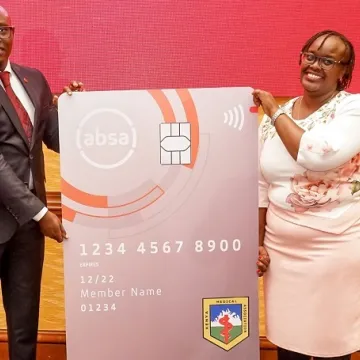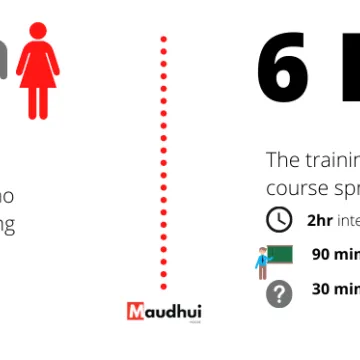The SMSs, voice calls that still move millions

In FY25, Safaricom saw the average minutes of use per subscriber go up by 6 percent YoY to 200.89 minutes even as the telco's one-month active subscribers ticked up 6.5 percent to 30.12 million.
For millions of people, sharing memes, or a direct message (DM) is all it takes to pass a vital communication among family members, work colleagues or someone you just met.
On account of DMs and creative memes flooding the digital space, one might be forgiven to believe that voice calls and SMSs have been edged out by the wave of next-gen communication tools in our everyday use.
The latest statistics from the industry as well as telco Safaricom, however, tell a different story on the relevance of SMS and voice calls in meeting today's communication needs for millions of subscribers in the country.
In the three months to December 31, 2024, data from the Communications Authority of Kenya reveals that minutes of use per subscription per month increased to 128.1 from 125.0 minutes whereas SMS per month per user grew slightly to 66 messages.
During the quarter under focus, SMS traffic in Kenya increased by 3.3 percent to 14.1 billion with telco giant Safaricom accounting for 12.4 billion texts.
This revelation mirrors the firm’s disclosures that revenue from voice services went up by 1.6 percent to KES80.78 billion during the year ended 31st March 2025 attributable to increasing volume of calls from subscribers.
The company saw the average minutes of use per subscriber go up by 6 percent YoY to 200.89 minutes even as the firm's one-month active subscribers ticked up 6.5 percent to 30.12 million.
This growth implies that even with increasing usage of data in the country's telecommunications industry, voice remains a critical part in meeting the communication needs of subscribers.
To stay ahead of the curve, the Nairobi Securities Exchange-listed company is rolling out a number of initiatives including Customer Value Management (CVM), seeking to serve changing customer expectations.
"This [CVM] is in line with our strategic shifts in response to the evolving nature of our customers who are seeking more value for the same price points," explained Dr. Peter Ndegwa, CEO, Safaricom Plc.
According to the company, CVM initiatives have the potential to make voice calls even cheaper for the subscribers. In the 12-month period to 31 March 2025, Safaricom's voice calls per minute eased by 11.4 percent to KES1.11, offering consumers an opportunity to talk more.
This means that a trader in Nairobi's Wakulima market, or a student in Kenyatta University can call more, hardly worrying about the cost.
Another standout element is that while messaging apps such as WhatsApp, Telegram among others continue to rise, Safaricom's traditional SMS service continues to hold a firm ground, recoding a 1.6 percent upswing in revenue to KES12.48 billion.
However, the charge per user posted by 16 percent during the year under focus, indicating that customers are still willing to pay for a reliable messaging service.
Across Kenya, the use of SMS continues to be a primary mode of communication across banking, healthcare, and government, areas where a fast but universal communication system is key.
For Safaricom, voice calls and SMS now account for 25.6 percent of the telco's total service revenue, reflecting that even as data evolves to assume a central role, voice and text are the pulse of the business.
Across Kenya, mobile telephone capacity grew by 1.8 per cent to 123.7 million lines in 2024 according to the 2025 Economic Survey. During the year, mobile connections increased by 6.9 per cent to 71.4 million in 2024 while Machine-to-machine mobile subscriptions registered 26.4 percent increase to 1.9 million last year.
The critical role of voice and text in fostering communication experienced by the business in Kenya was equally mirrored in Ethiopia, the firm's new frontier.
Safaricom Ethiopia saw voice revenue surge by 14.1 percent to KES1.17 billion attributable to increasing number of subscribers in Africa's second most populous country.
During the year, the telco saw its one-month active voice customers more than double to 7.82 million while the average minutes of user per subscriber posted a jaw-dropping 80.4 percent YoY to 127.29 minutes.
Ethiopia market also saw the usage of SMS post strong performance with income from messaging rising 93.9 percent to KES82 million. The number of active SMS users doubled to 2.98 million while SMS sent per subscriber rose by 54 percent to 17.9 texts monthly.
With expansion in top gear in the new frontier market, the performance of both SMS and voice communication tools underscores the fact that connection is not limited to simply technology—it’s about building relationships.





